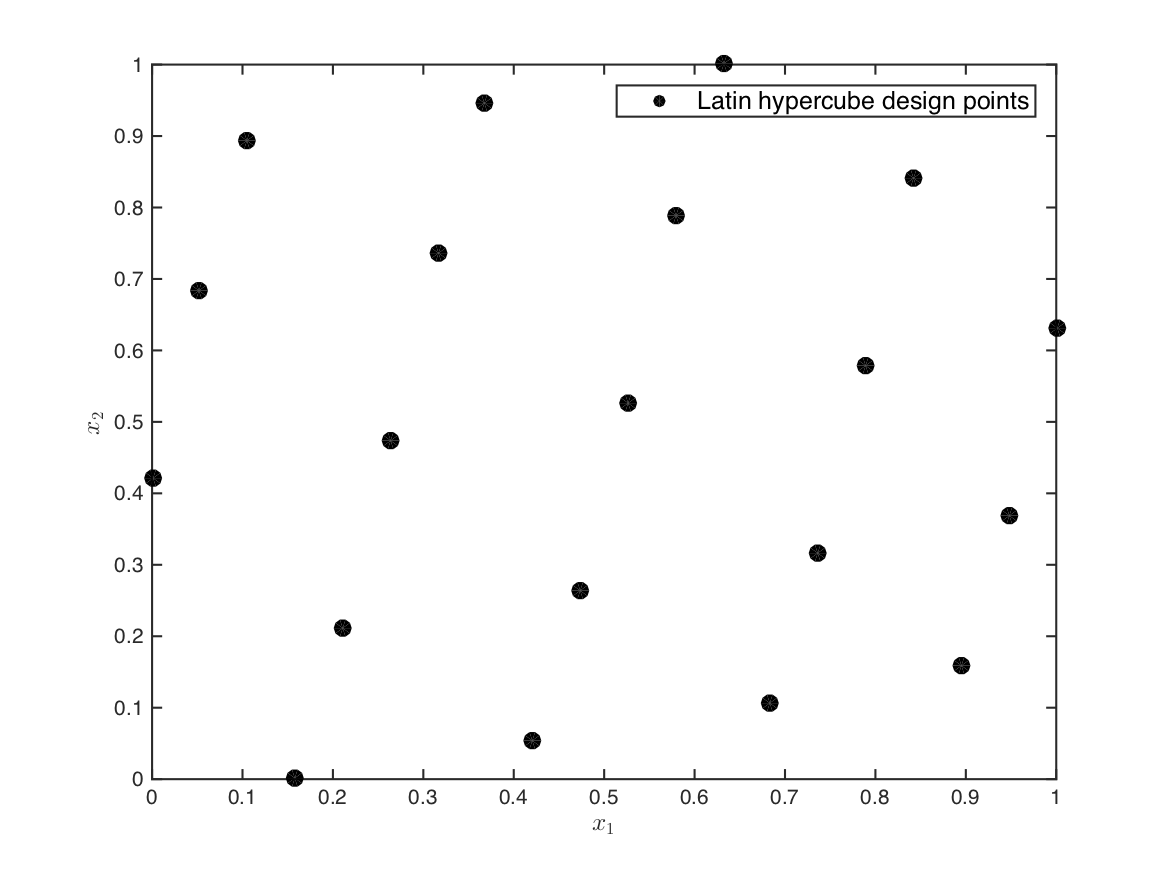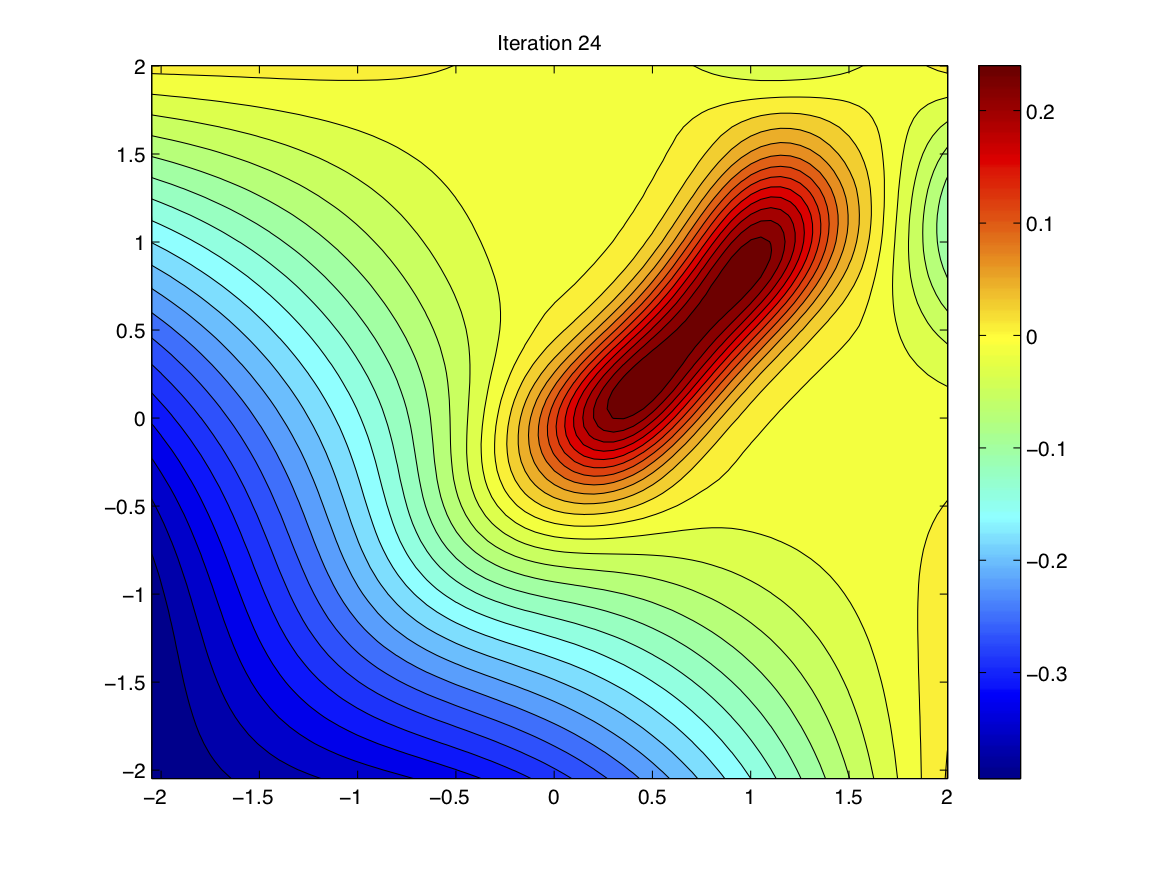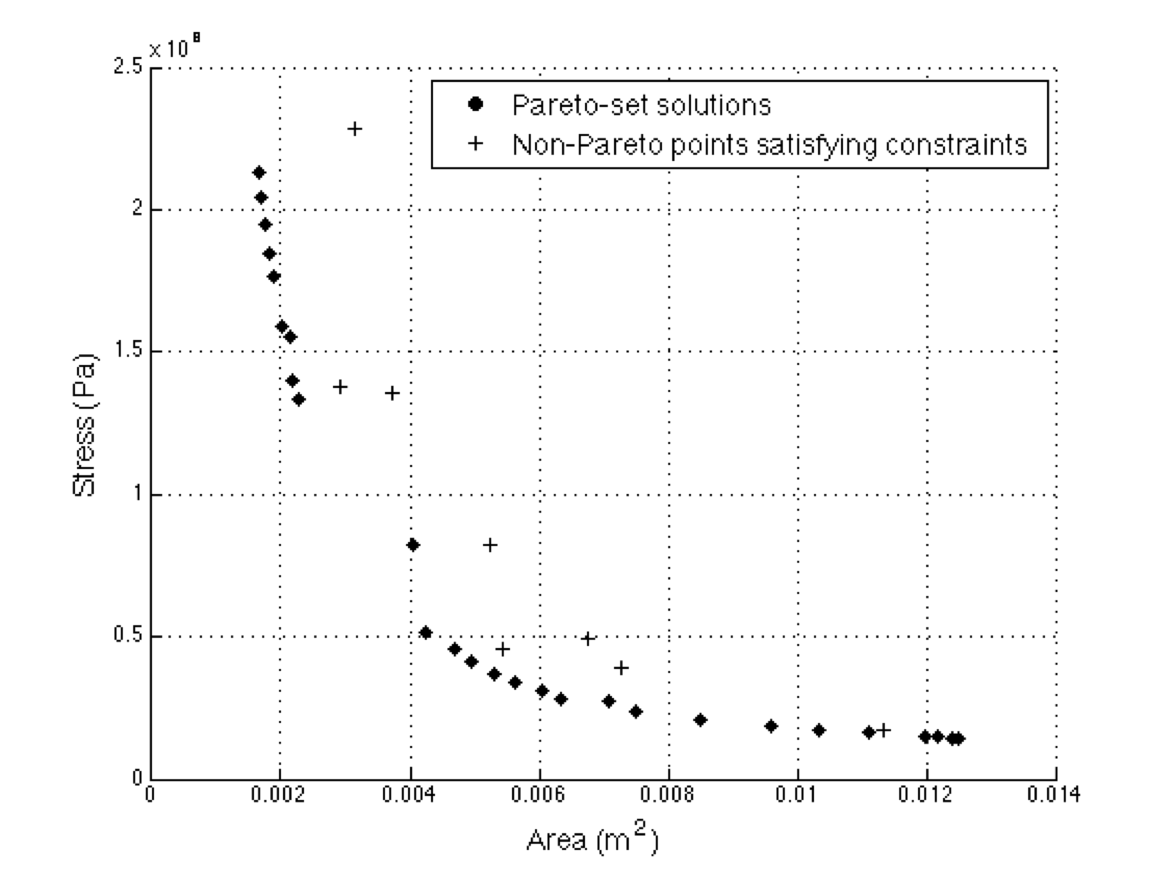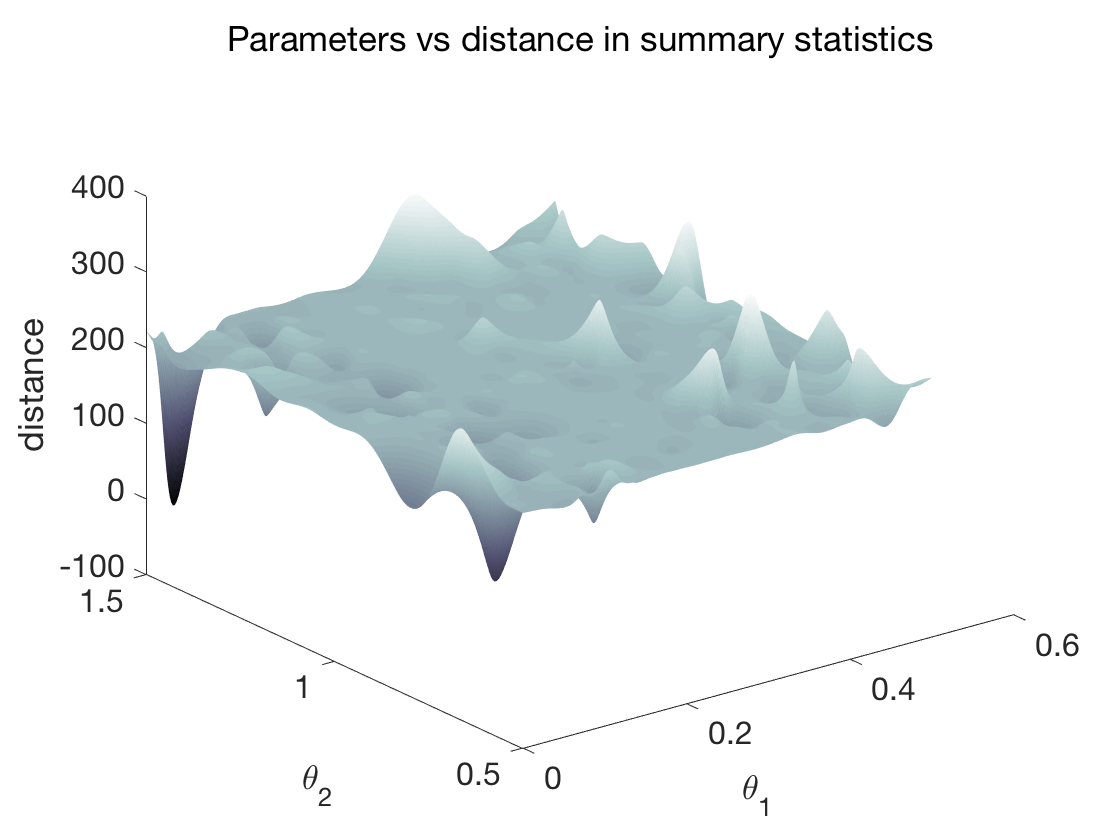Areas
Data-efficient learning and optimization methods form a central theme of a majority of our research activities. Such methods are particularly important in the context of (expensive) experiments/simulation-driven design and analysis of systems across domains as varied as electrical engineering, computational fluid dynamics and systems biology. Our research is therefore highly interdisciplinary and driven by real-world problems. Research challenges encountered in problems involving computationally expensive simulation models include – sampling or selection of simulation locations, training fast and accurate surrogate models of simulators which minimizing training dataset size, optimizing the simulator while minimizing the number of computationally expensive simulations, performing likelihood-free parameter inference from observed datasets, among others. The following themes provide an overview of our recent research activities.

Statistical Sampling
active learning, design of experiments, sequential design, reinforcement learning.

Modeling
surrogate modeling, multi-fidelity modeling, deep learning, time series modeling.

Optimization
Bayesian optimization, constrained optimization, surrogate-based single and multi-objective optimization, evolutionary multi-objective optimization.

Parameter Inference
likelihood-free parameter estimation, approximate Bayesian computation, summary statistic selection, construction of priors, hyperparameter optimization.